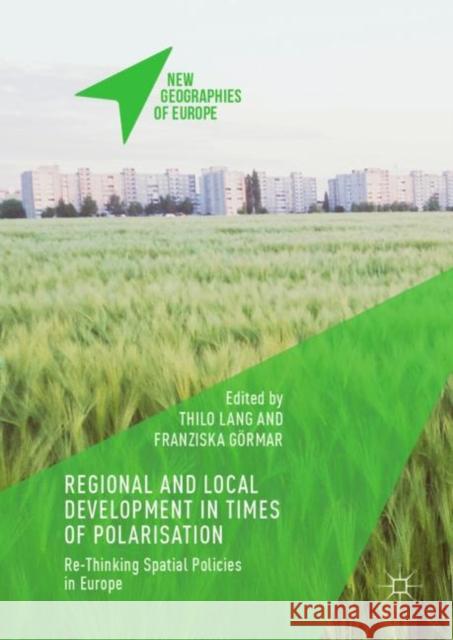Regional and Local Development in Times of Polarisation: Re-Thinking Spatial Policies in Europe » książka
topmenu
Regional and Local Development in Times of Polarisation: Re-Thinking Spatial Policies in Europe
ISBN-13: 9789811311895 / Angielski / Twarda / 2019 / 382 str.
Kategorie BISAC:
Wydawca:
Palgrave MacMillan
Seria wydawnicza:
Język:
Angielski
ISBN-13:
9789811311895
Rok wydania:
2019
Wydanie:
2019
Ilość stron:
382
Waga:
0.63 kg
Wymiary:
21.01 x 14.81 x 2.39
Oprawa:
Twarda
Wolumenów:
01











